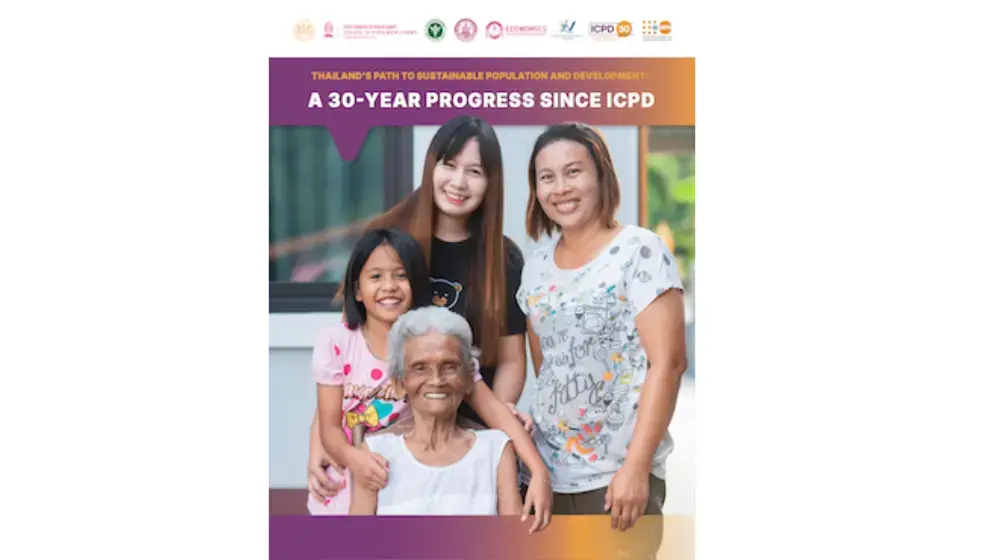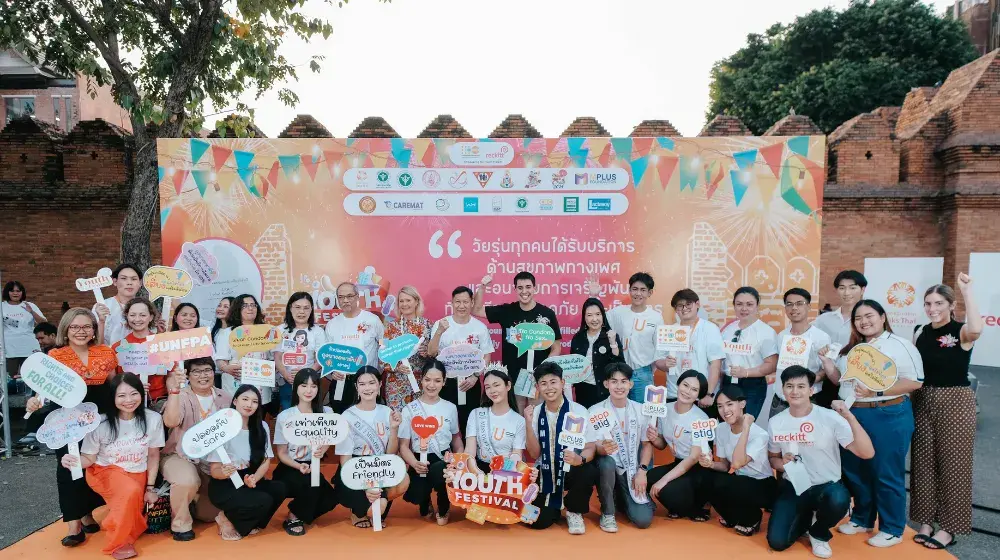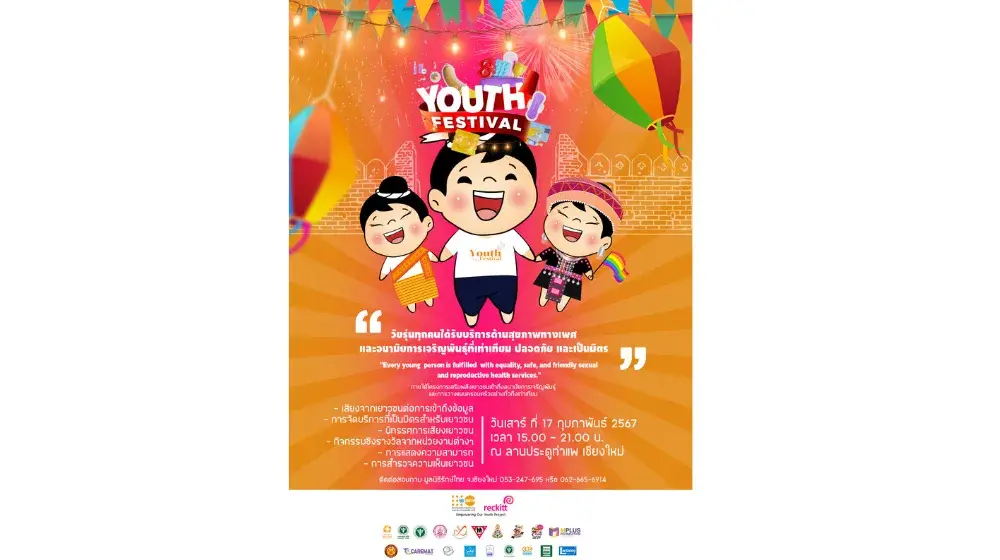Watch video of this story here.
Bangkok, Thailand—“If my friend found out that she is pregnant unexpectedly, I would comfort her and make sure she is okay. Then I would be there for her and support her.”
Donchanok Yomin shares her thought during core student leaders training session on sexual and reproductive health and rights for young people in Bangkok. This training prepared core students to cope with unintended pregnancy they might encounter in their schools.
According to Ministry of Public Health, teenage pregnancy rate remains high. In 2015, livebirths from women aged 10-19 years old or teenage was 104,289, 15% of the overall livebirths at 711,805.
“At our school, we collect data every year—starting ten years ago. At first the problem seemed worse, then when we implemented some campaigns to educate students on sexual and reproductive health and rights for young people. The problem has been improved in our school but I think elsewhere still a big issue,” says Nisakorn Raksasi, a teacher from Watpakbor School, Bangkok.
Funded by the United Nations Population Fund (UNFPA), the training on sexual and reproductive health and rights for young people is run by the Association for the Promotion of the Status of Women and ACCESS foundation. It is designed to decrease the number of unintended pregnancies in schools. Sixty core student leaders from grade 8 and teachers from 11 schools in Bangkok area attended the training.
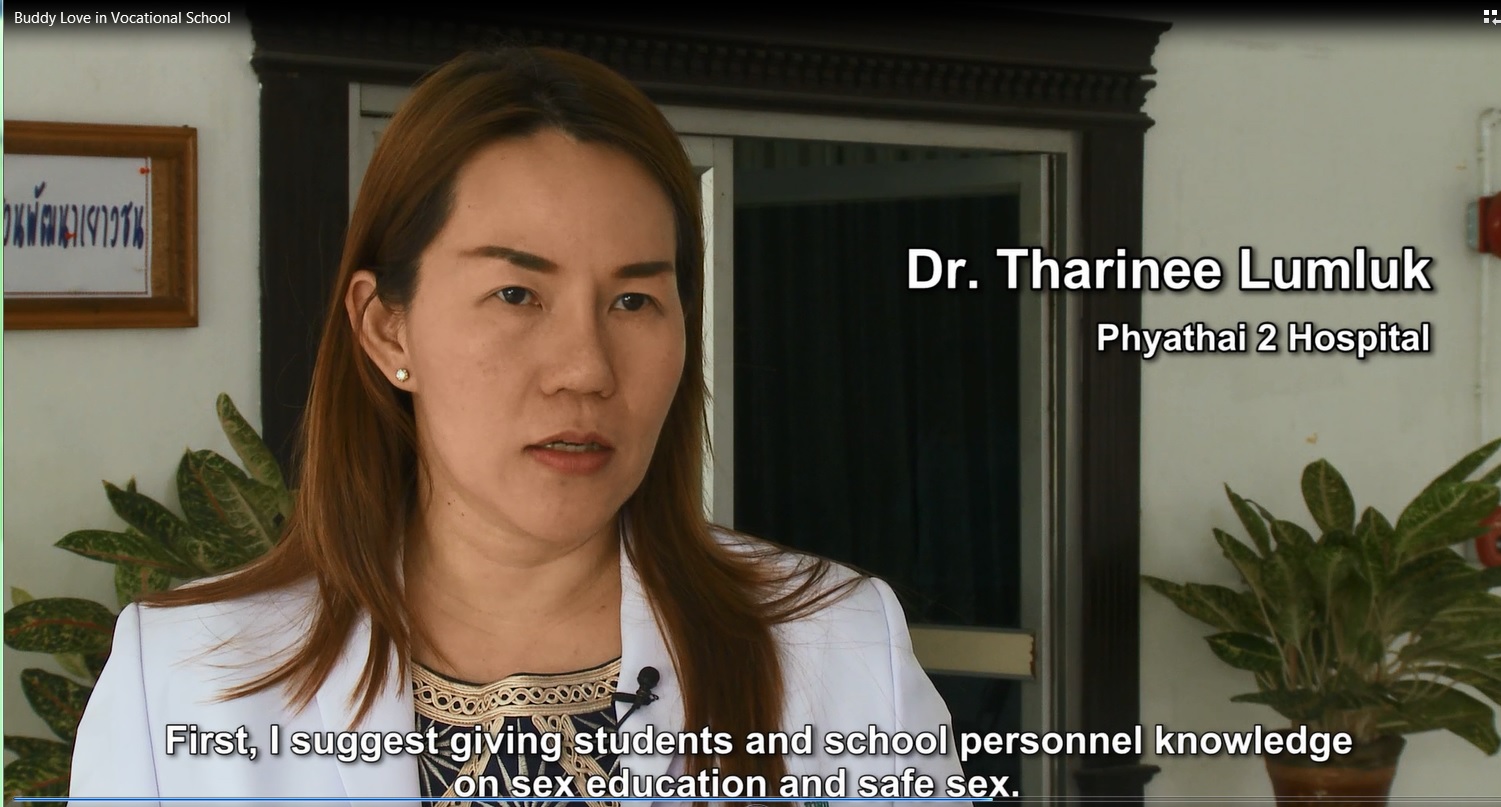
Core student leaders learn about sex education and sexually transmitted diseases from Doctor Tarinee Lamluek from the Phayathai 2 Hospital, one of UNFPA Thailand’s key partners in entitling sexual and reproductive health and rights to young people. “There are more and more unintended pregnancy among teenagers, and more cases of sexually transmitted diseases in school. So I think the best way is to give them knowledge so they know how to protect themselves,” says Dr. Tarinee.
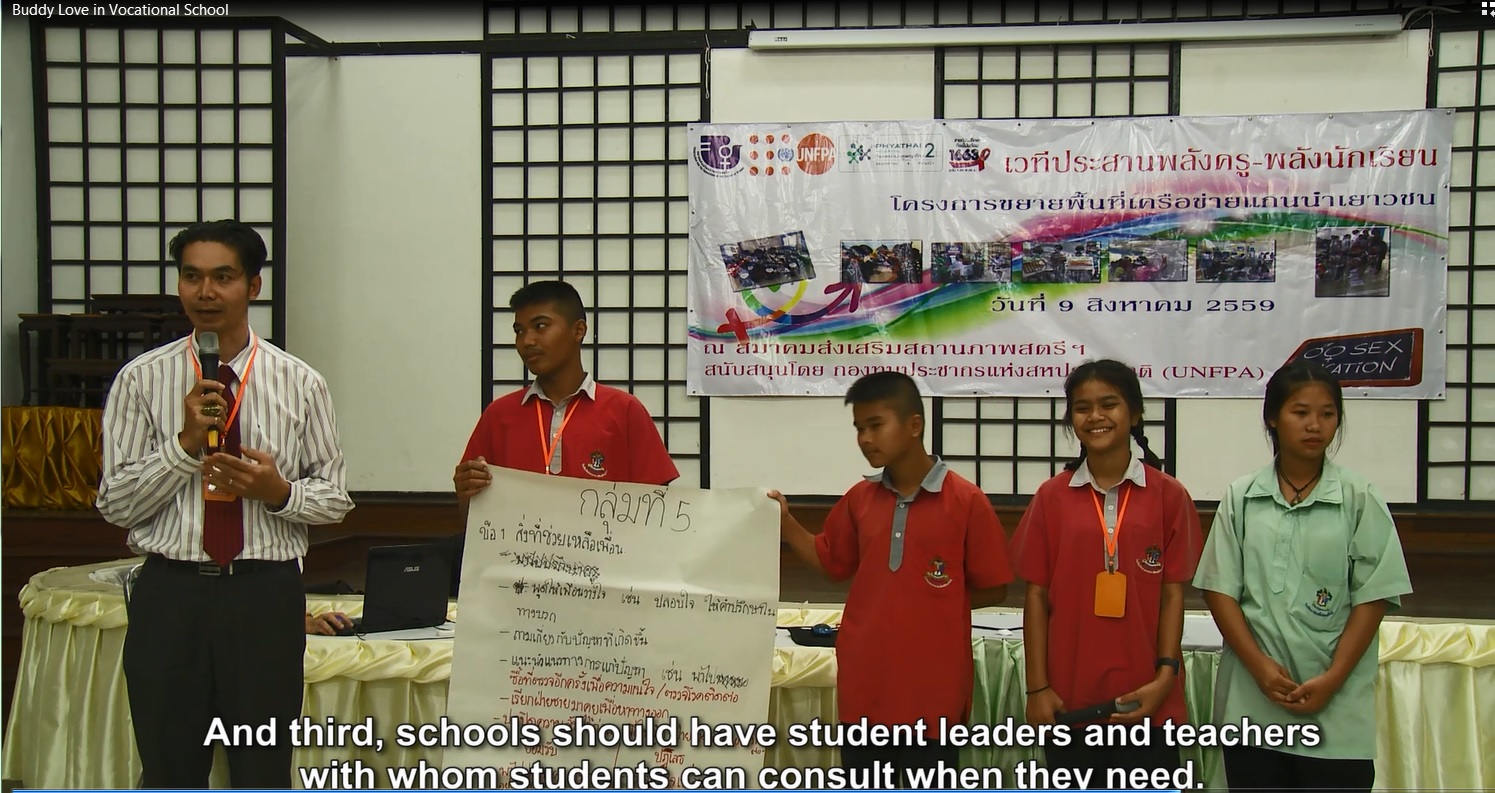
Core student leaders also practice calling Hotline number 1663, which is the number to dial when ones want to consult about unintended pregnancy and sexual transmitted diseases. “We teach students that they need to prepare information before making a call,” says Somyot Wongkian, a male teacher from Ladkrabang School, “they should know information about their friend’s period, also the last time their friend is sexually active because these are the questions they will be asked when they call 1663.” Somyot states that it is better for students to reach out to friends in trouble.
“I see my friend who is feeling down so I asked her if sheis alright,” says Weerapat Duangsandee, a male core student leader in this project. “I would ask if her period came late or whether she had unprotected sex.”
“Our parents don't want us to talk or to think about sex because we are too young,” say Donchanok, “and they are worried that we might get pregnant or get sexual transmitted disease. But I think it’s better for us to know all the information [about sexual and reproductive health and rights]. That way, when we decide to be sexually active, we will know what we are doing. We will know how to protect ourselves.”


